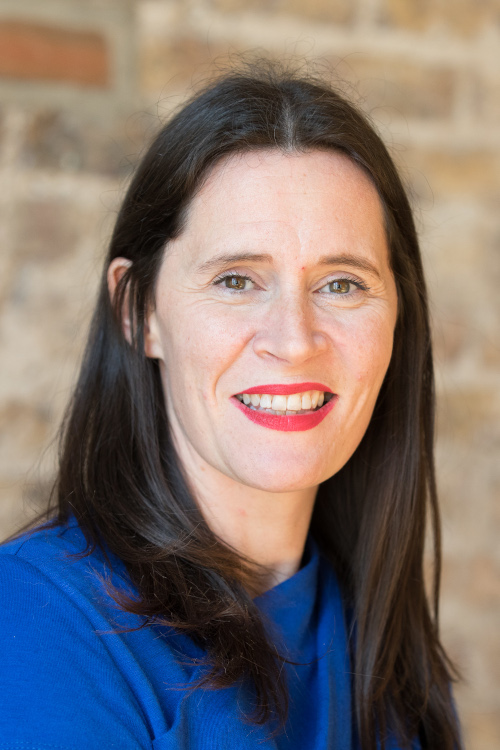Human rights watchdog says HSE ‘undermining’ disability rights

Sinéad Gibney
The HSE is applying the Disability Act 2005 in a way that undermines rather than upholds disability rights in Ireland, the Irish Human Rights and Equality Commission has told the Court of Appeal.
Appearing as amicus curiae in the case of OB, the watchdog said the manner in which the HSE carries out the assessment of need under the 2005 Act is incomplete, as it determines that a person has a disability but does not provide a diagnosis of the disability.
The case concerns a boy who was assessed by the HSE as having a disability but not given a specific diagnosis. His parents are concerned that their son has autism spectrum disorder (ASD) and will require a formal diagnosis to access vital services.
The HSE’s approach is underpinned by its new standard operating procedure (SOP), introduced in January 2020, which treats the question of whether a person has a disability under the 2005 Act as separate to the question of whether their presenting behaviours meet the criteria for a particular diagnosis.
The case is expected to determine whether the HSE’s SOP meets the full disability assessment requirements of the 2005 Act.
The Irish Human Rights and Equality Commission’s legal arguments, which have just been published, state the HSE’s current interpretation of disability under the Act potentially deprives people of their fundamental rights and is contrary to the UN Convention on the Rights of Persons with Disabilities (CRPD) and Article 42A of the Constitution.
Chief commissioner Sinéad Gibney said: “We’re very concerned that the HSE’s Standard Operating Procedure sidesteps the need for a formal diagnosis in needs assessments. The SOP risks becoming the exact type of societal barrier that the UNCRPD sets out to avoid, with real impacts on people’s lives in terms of access to essential services.
“How we view and engage disabled people’s rights cannot, and must not, be reduced to a standalone medical definition. However, an initial formal diagnosis is crucial in providing necessary and life changing supports for a person’s health, educational, workplace, social and other needs.”





